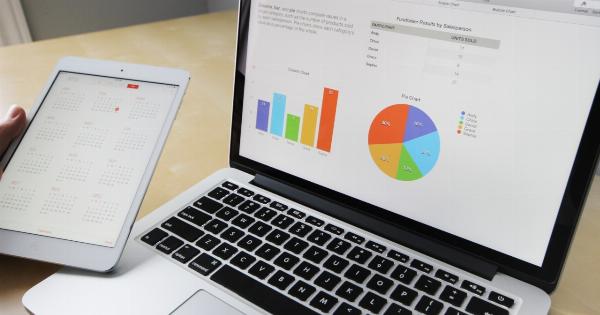Almost everyone at some point in their life experiences a dip in their memory. It could be forgetting important dates, people’s names, where you parked or even where you put your keys. Whatever it is, a weak memory can be frustrating.
Fortunately, there are ways to boost your memory. But how long does it take to see the results?.
What is Memory?
Before delving into memory-boosting techniques, it’s essential to understand how memory works. Memory is the process of retaining information over time. The process of memory involves three stages: encoding, storage, and retrieval.
Encoding is the process of transforming information from a temporary state to a permanent state that can be retrieved when needed. Storage involves retaining information over time. Retrieval is the process of getting the information out of storage.
Memory-Boosting Techniques
Contrary to popular belief, your memory can be improved. Here are some proven techniques for boosting memory:.
1. Get Enough Sleep
Sleep is essential for a healthy brain. Getting enough sleep helps consolidate memories by replaying cue-based, emotionally relevant data during the sleep cycle.
2. Exercise Your Brain
Challenging your brain can improve your memory. Try doing crossword puzzles, Sudoku, or even playing memory games to exercise your brain muscles. Learning new skills such as a new language or a musical instrument can also help improve your memory.
3. Pay Attention
One of the most straightforward techniques for remembering anything is by paying attention in the first place. It’s easy to miss details when you are distracted, overwhelmed, or multi-tasking.
Try to minimize distractions and focus your attention on the present task, as it makes remembering less of a challenge.
4. Repeat and Recite Information
Repeating information helps encode memories more effectively. Also, reciting information aloud helps to store it in your long-term memory. Mnemonic devices like rhymes, acronyms, visual imagery, and chunking can also help to remember information.
5. Minimize Stress
Stress and anxiety can interfere with memory performance. Stress hormones, such as cortisol, affect the hippocampus, an area of the brain crucial for forming new memories, making it more challenging to remember information.
Find healthy ways to manage your stress such as yoga, meditation, or deep breathing techniques.
6. Engage Your Senses
Engaging your senses can help create more vivid and long-lasting memories. The more senses you use to encode a memory, the more cues you have to rely on when remembering it.
If you need to remember something, try associating it with a smell, sight, sound, taste, or touch.
7. Stay Active
The brain is affected by changes in the body. Exercise is a great way to increase blood flow, which delivers vital oxygen and nutrients to the brain. Regular exercise has been shown to improve memory, focus, and attention.
8. Break Down Complex Information
Information presented in small, organized chunks is more manageable to process and remember. Break down complex information into smaller chunks or categories.
This makes it more manageable for the brain to process, encode, store and retrieve it when necessary.
9. Use Associations
Associating information with something else you are already familiar with is an effective strategy for remembering. For instance, to remember the name John, you could associate it with someone else you know named John.
10. Use Visualization Techniques
The brain easily remembers images. Thus, visualizing information can help with recall. Try to create mental images of information to help you remember it. For instance, if you want to remember a grocery list, try visualizing each item on the list.
How Long Before You See Results?
The amount of time it takes to see results from memory-boosting techniques varies depending on the individual and the technique used.
However, in general, most people can begin to see a noticeable improvement in their memory within a few weeks with consistent practice. However, it is essential to note that the effectiveness of these techniques depends on how dedicated one is to practicing them regularly. Factors such as age, mental health, and medical conditions may also affect the time it takes to see results.
Conclusion
Having a good memory is essential for a successful and fulfilling life. By incorporating memory-boosting techniques into your daily routine, you can sharpen your memory and, in turn, improve your quality of life.
Whether it’s getting enough sleep, paying attention, exercising your brain, engaging your senses, or using visualization techniques, the key is to practice, practice, practice.





























